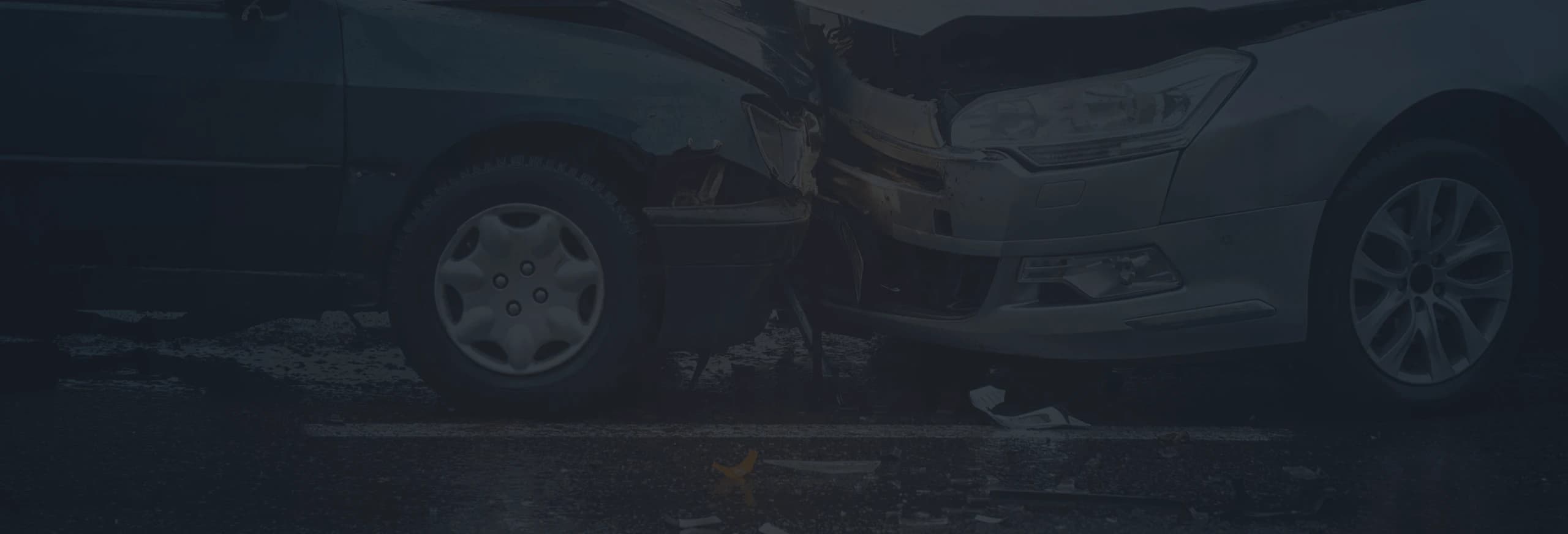
Defendant

In any personal injury lawsuit, there are two distinct parties: a defendant and a plaintiff. The defendant is the person against whom the lawsuit is brought.
For example, in a car accident case, if someone caused the accident that ultimately resulted in an injury because they were driving drunk, the person who was injured could file a lawsuit against the drunk driver. In this situation, the drunk driver would be the defendant and the injured party would be the plaintiff.
Can a Personal Injury Case Have Multiple Defendants?
A personal injury claim can have more than one defendant. In fact, the defendant (or defendants) doesn’t even have to be a person.
A situation with multiple defendants arises when more than one party is responsible for an incident. This can apply in car accident cases, slip and fall cases, product liability, medical malpractice, and more.
In a car accident, for example, multiple defendants may be liable if there was a multi-vehicle crash. Another example would be if there was shared fault between distinct parties.
An illustration of this would be someone causing a car accident because they were speeding, but they were also unable to stop because the brakes on their vehicle were faulty. Here, the car manufacturer, the brake manufacturer, or a mechanic could be potentially liable.
When determining who to sue in a personal injury claim, a lawyer will examine various angles. Sometimes, if one defendant lacks funds or insurance, the attorney might look to multiple defendants to satisfy a claim.
Contact our team today so we can fight to help you get the compensation you deserve.
Criminal Defendants vs. Civil Defendants
There is a key distinction to be aware of between criminal defendants and civil defendants. The main differences lie in who the plaintiff is in each case and the potential penalties involved for each type of defendant.
By definition, a criminal defendant is a person or entity accused of committing a crime. Criminal defendants are prosecuted by the government. Criminal defendants can be found guilty or innocent. If a guilty verdict is reached, the proof must be “beyond a reasonable doubt.” The criminal defendant may be sentenced by a judge to serve jail time, pay a fine, be subject to probation, and have a criminal record.
Civil defendants, on the other hand, are accused of causing harm to another person or property that may not rise to the level of breaking the law. The plaintiff in a civil case is typically looking for monetary damages or for the defendant to do something in particular, which is referred to as specific performance.
In some situations, a defendant can be both a criminal and civil defendant. For example, O.J. Simpson was on trial as a criminal defendant for murder, and he was found innocent. However, the victims’ families filed a wrongful death claim in civil court and ordered Simpson to pay $33.5 million in damages. The same scenario may happen in cases of drunk driving, where the driver could face criminal charges from the government and a civil claim for damages from the victim.
How a Defendant Can Prevail in a Personal Injury Claim
A defendant in a personal injury claim can present a variety of defenses to be found potentially not liable for monetary damages or having to do specific performance. A defense lawyer will review the facts of the case and determine which defenses may be possible. On the flip side, it’s important for the plaintiff’s attorney to anticipate potential defenses and be able to think multiple steps ahead.
A defendant may be able to prevail in a personal injury claim or lawsuit using one or more of the following defenses:
- Lack of negligence: Negligence requires proving that the defendant owed a duty of care and also breached that duty.
- Comparative or contributory negligence: If the plaintiff was partially to blame, it can affect the outcome of the case.
- Assumption of the risk: If the plaintiff knowingly or voluntarily engaged in risky behavior, it can negate a claim.
- Lack of causation: The plaintiff must be able to prove by a preponderance of the evidence that the defendant’s actions are linked to the harm suffered.
- Overstated or non-existent damages: A plaintiff may get into trouble by exaggerating or falsifying proof of injuries.
- Failure to mitigate damages: Plaintiffs have a duty to act reasonably to minimize their damages.
- An expired statute of limitations: Personal injury lawsuits must be filed within a specific time period. Otherwise, the case will be dismissed.
- Lack of standing: A plaintiff must have a legal right to sue the defendant in order to file a claim or lawsuit.
- Contradictory expert testimony: Expert testimony can refute the claim of a plaintiff and support the defendant’s version of events.
- Contradictory evidence (surveillance footage, documentation, etc.): Evidence may be used to defend the case.
- Resolution through settlement negotiations: Parties can agree on a mutually beneficial settlement arrangement.
Free Consultation 24/7, call (844) 343-9609
What Rights Does a Defendant Have?
The U.S. Constitution provides individuals with certain rights, including those related to the legal system. These rights include:
- The right to be notified of a lawsuit through a formal notification process called “service of process”
- The right to hire an attorney
- The right to respond to a complaint
- The right to discovery (the process of obtaining evidence)
- The right to a fair hearing
- The right to due process
- The right to appeal a verdict
- The right to settle
If any of these rights are not upheld, the success of the case could be compromised. The defendant could appeal the judgment, or the case could lead to a mistrial.
Call (844) 343-9609
Contact an Experienced Personal Injury Attorney
Being injured as a result of someone else’s actions can be frustrating as well as physically and financially devastating. Further, it can be difficult to prove that a defendant was responsible and is legally obligated to pay.
Accident Hotline connects accident victims with experienced attorneys in their area. If you need help holding a defendant accountable for an accident, we can assist you. To find out how Accident Hotline can help, contact us at (844) 343-9609.
For a free consultation, call (844) 343-9609
Get an agent on the line in seconds
Responsive
Legal Assistance
Our personal injury attorneys advocate for the funds necessary to cover bills, secure medical treatment, recoup lost wages, and provide compensation for your pain and suffering.
Are you facing unfair treatment from the insurance company?
Do you know the value of your case?
Is the insurance company asserting that the accident is your responsibility?

We'll get back to you ASAP.
Get Your Free Consultation
You Pay Nothing Unless We Recover Compensation For You
